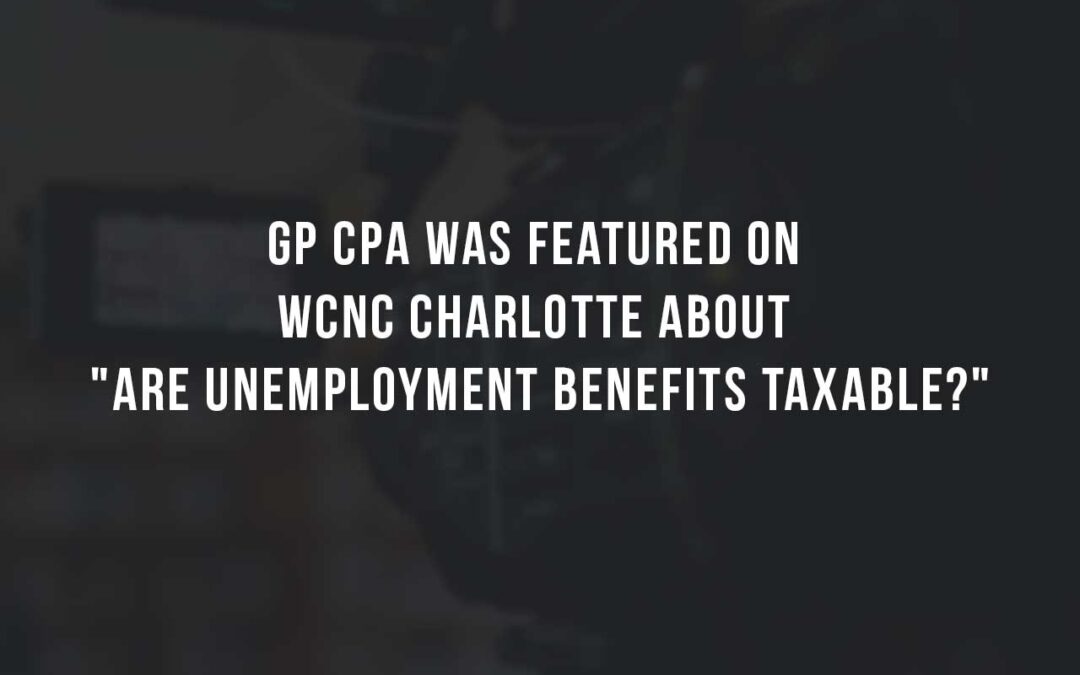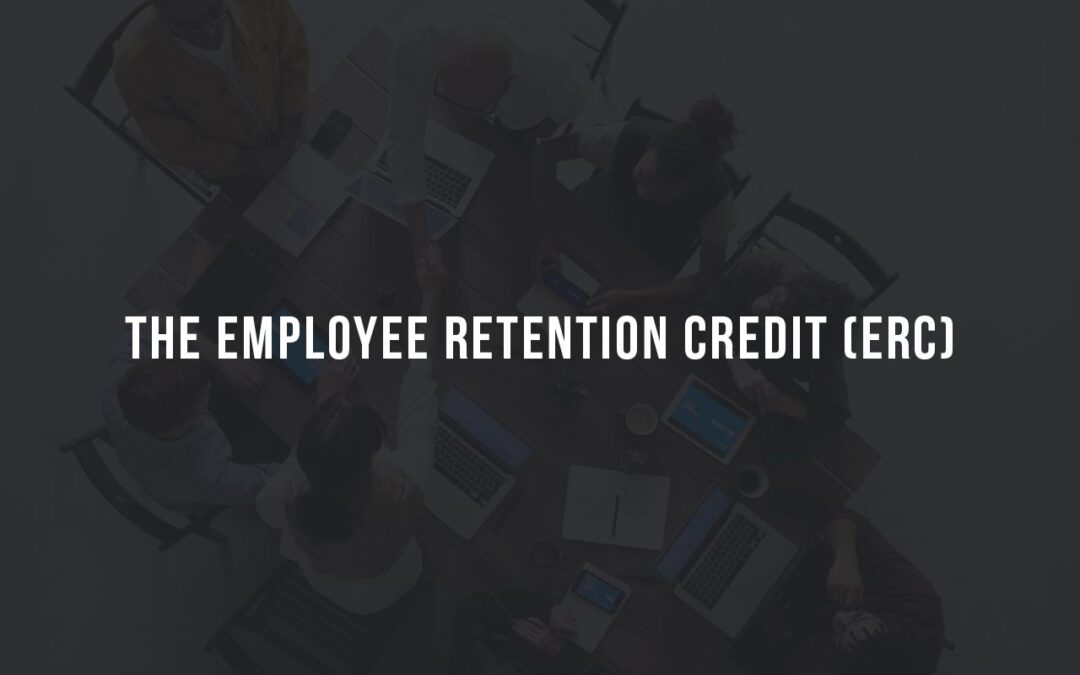CALL US
(980) 237-1714
Email us
justin@pruscpa.com
Friday 09:00 - 15:00
Mon - Thu 09:00-17:00
Forming a Management Entity
Estimated Reading Time: 4 minutes 10 seconds
Many organizations experience a level of growth that stretches the leadership or executive team thin across several entities. This is especially true when there is one executive that is responsible for the day to day decisions of several operating units or divisions.
Eventually, a strategy will center around forming an entity to manage and/or control the other entities through direct ownership or an operating agreement. Having a management company (“MGTCO”) can often be part of an flexible long term strategy, particularly when the overall owners are considering an exit.
One thing the management company is not (at least by itself) is a tax haven or some “magic tax bullet”. A MGTCO can be part of a tax management strategy, but are often just one part of an overall strategy and do not necessarily provide any intrinsic tax benefits.
The key item to making the most of an MGTCO is dependent on the structure of the overall collective ownership across all entities. The more diversified the ownership across all the entities, the stronger the possibility that the management company will provide tax benefits and support a plan that favors the owners of the management company.
Objective One: Create a Management Company without a controlled or combined group
- The MGTCO would NOT own any of the other locations
- The MGTCO would be owned in a way that would not create a consolidated group
- The MGTCO would enter into binding agreements to manage each location for a set fee
- The MGTCO could also hold intellectual property for licensing
- The Executive owner’s salary and retirement plan would be setup in the MGTCO only
Objective Two: Flexibility to dispose of locations in whole or in part
- Consolidating the locations to be owned by one entity would create a difficult scenario when attempting to sell one location or all locations
- Management agreements allow the core owner’s of each entity to retain ownership while managing profits through the management/licensing agreements
- Ability to franchise additional stores would be easier if the model is demonstrated through the current business structure
Objective Three: Enable an executive level salary & retirement plan
- Defined benefit or cash balance plans require high salaries and a large age and pay disparity between employees and owners
- With management & licensing revenue from 4 (or more) locations, MGTCO could support a high salary and large retirement plan contribution without needing to offer benefits to location employees.
- MGTCO would have few employees and only intangible assets
Objective Four: Manage current ownership & business structure
- The ability for the MGTCO to exist outside of the location’s is contingent on modifying the ownership of the stores to prevent consolidation
- The main owners would have to own collectively 50% of any singular location and not have identical ownership percentages per location.
- Consider Q-sub elections or S-corporations for additional entities or locations.
If your business would benefit from any of the objectives listed above and has multiple locations or entities, we would like to talk to you about how to make a MGMTCO work for you.
Related Articles

GP CPA was featured on WCNC Charlotte about “Are Unemployment Benefits Taxable?”
We are glad to inform you that Justin Prusiensky, Chief Executive Officer of the GP CPA P.C. was featured on WCNC Charlotte coverage about “Are Unemployment Benefits Taxable”.

The Employee Retention Credit (ERC)
The Employee Retention Credit (“ERC”) has had some upgrades and retrofits to some of the basic calculations with the most recent (12.27.20) CARES Act changes.

Good Riddance, 2020
What is new in 2021? Meals in 2021 are once again 100% deductible, the next round of PPP funding is coming and the Employee Retention Credit (ERC) has been changed.

How to Persuade Clients to Change Banks. Listen to Justin Prusiensky’s Guest Appearance on the Relay Financial Webinar
Our expert accountant Justin Prusiensky was recently interviewed as a guest speaker by Relay Financial to discuss how to persuade clients to change banks.

What Tax Breaks Changed From 2018?
Congress extended some of the tax breaks retroactively to January 1, 2018. They now expire on December 31, 2020. Learn more about tax breaks that have been extended.

Dear Client, I have good news!
Since we now have less than 90 days left in the year, kindly keep me apprised of when you expect the major revenue collections to be during the next few weeks and we can adjust accordingly.
Comments


0 Comments